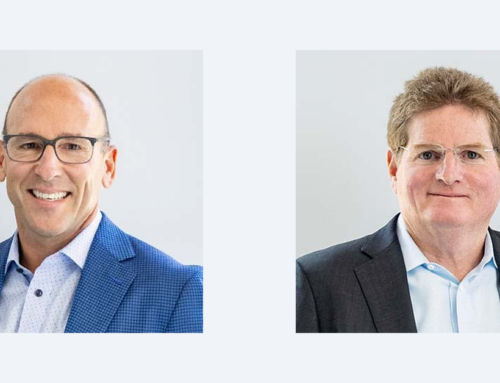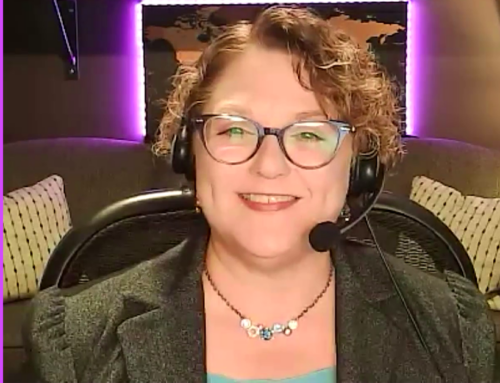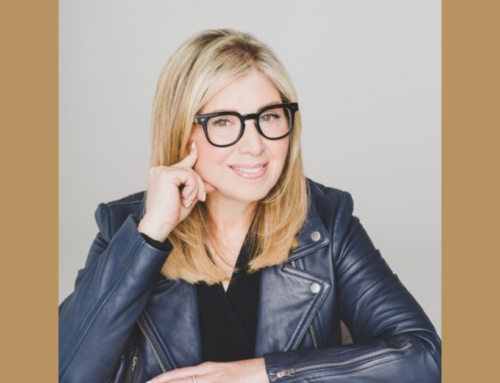Episode: David Z. Morris is the Chief Insights Columnist at CoinDesk. Previously he was a staff writer for Fortune and Breaker magazines. David also has a PhD in Communication and Media Studies from the University of Iowa.
Insight: To its growing base of users and enthusiasts, Bitcoin is many things: a global currency, a store of value, a payment system, a shared delusion, a weapon for social justice, and even a means of communication. And while folks with a more casual interest in crypto might get turned off by the maximalist meme culture espoused by its most fervent believers, Bitcoin is embodying traditions that have existed in mainstream culture for centuries. These next-gen symbols and signifiers are revealing and challenging built-in assumptions about money that many of us didn’t realize we had.
–
3 Quotes from David Z. Morris:
1. When you’re thinking about an investment, obviously the classical rule is don’t invest in anything you don’t understand. And Bitcoin is kind of the ultimate example of this because the technology stack that you’re dealing with is very deep. The conceptual stack is very deep. So there are a million things to understand before you can faithfully put your money into it. So, that would be the big warning I would throw up to people. But also more generally just look at longevity, and Bitcoin is the original. The Bitcoin blockchain has never been altered by a hostile actor. Essentially, it’s unhackable. So really as an asset, that is one of Bitcoin’s biggest differentiators is that it has proven how durable it is. Bitcoin’s appeal at this point is that it’s not changing, has not changed for 12 years now in any fundamental way. And it’s still going strong as the value obviously just goes nuts.
2. Theoretically the end game of all of this is that you have global, open access, neutral set of payment rails that anybody can use at any time from anywhere. And in that sense, you can think of Bitcoin or blockchain more broadly as something like a financial light bulb. You have these pockets of financial darkness in the world where you are isolated from the broader system. Obviously 9/11 brought into play a lot of anti money laundering controls that, as defensible as they are, definitely also resulted in some overreach. So there are parts of Africa where your access to banking has actually gotten worse over the last 10 or 20 years instead of better. And from a macro perspective, that creates all kinds of distortions because you have payment rails that are influencing economic decisions rather than the other way around. So when you have your payment rails distorting economic reality, that’s inefficient for everybody. It’s making us all poor.
3. A meme is like a simplification, a crystallization of an idea. And that means that it becomes a gateway to, how do I flesh that idea out? How do I put words on it? Where has somebody put words on it and really gone down into the guts of it? Ideas are a technology stack. For example, you have certain Western perspectives about individuality or something that basic, then on that you kind of build up your premises. And so your premises are kind of supporting this idea that you have, whether it’s about Bitcoin or universal health care or whatever. Usually if you’re having a fight with somebody, it’s because you have different premises that you’re not actually talking about. Whether you’re really just trying to understand something you don’t already, or whether you’re really bold and you’re willing to risk your own premises and ideas and challenge them, you’re going to find that the disagreement exists at some lower level of your personal belief stack. And so interrogating that is a way of making your own beliefs more robust and defensible because you can go down to, what is the assumption that I have that’s different from this person’s?
Resources
David Z. Morris




